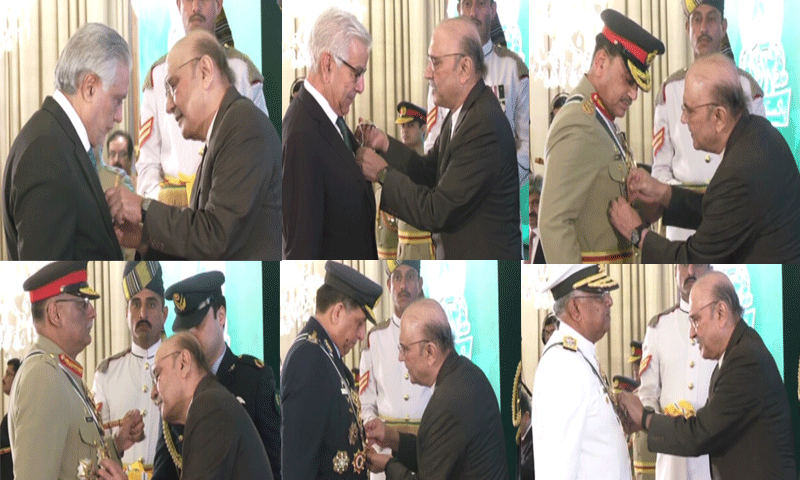Arshad Mehmood Awan
State honors and the political, bureaucratic, and military symbols in Pakistan reflect the structure of the state and its collective attitudes. In every nation, the true heroes are those who serve their country and society through knowledge, research, innovation, and creativity. However, in Pakistan, the system of awarding honors is largely restricted to bureaucracy, military institutions, and political affiliations, shaped by a narrow mindset. This creates the perception that real prestige lies not in skill and hard work, but in power and office.
Follow Republic Policy Website
Within the administrative framework, a significant portion of awards is tied to official positions and state ranks rather than to personal contributions, scientific achievements, or creative excellence. This practice strengthens the impression that institutions and their status matter more than individual talent. As a result, a culture emerges where state positions are seen as the ultimate measure of social progress.
Follow Republic Policy YouTube
Military services also hold a dominant place in national honors. In Pakistan’s history and politics, the power of the military has shaped a narrative that success and respect are not derived from creativity or knowledge but from affiliation with powerful institutions. Such thinking suppresses talent in other fields and further entrenches the supremacy of power structures in the national consciousness.
Follow Republic Policy Twitter
In the political domain as well, honors often reflect loyalty and connections rather than merit and performance. Those who maintain proximity and allegiance to political parties are preferred over those with genuine talent or creativity. This practice diminishes the prestige of state honors and sends a message to society that political affiliation is more important than hard work and innovation.
Follow Republic Policy Facebook
Together, these trends create an environment where scientists, researchers, artists, athletes, and innovators are sidelined. At the state level, they are neither respected nor institutionally supported. Eventually, the best minds either leave the country or retreat into silence within their homeland. This attitude directly slows the pace of progress and innovation while sending a discouraging message to the youth—that unless they are part of a powerful institution, their achievements will not be recognized.
To transform Pakistan into a creative and modern state, fundamental reforms in the system of honors are essential. Instead of political, military, and bureaucratic symbolism, the criteria must be merit, research, innovation, and performance. Those who raise Pakistan’s name in science, technology, fine arts, sports, and literature should not only be honored but also institutionally supported. Only then can Pakistan become a country where, alongside powerful institutions, the heroes of knowledge, art, and creativity are also recognized as national heroes.
















